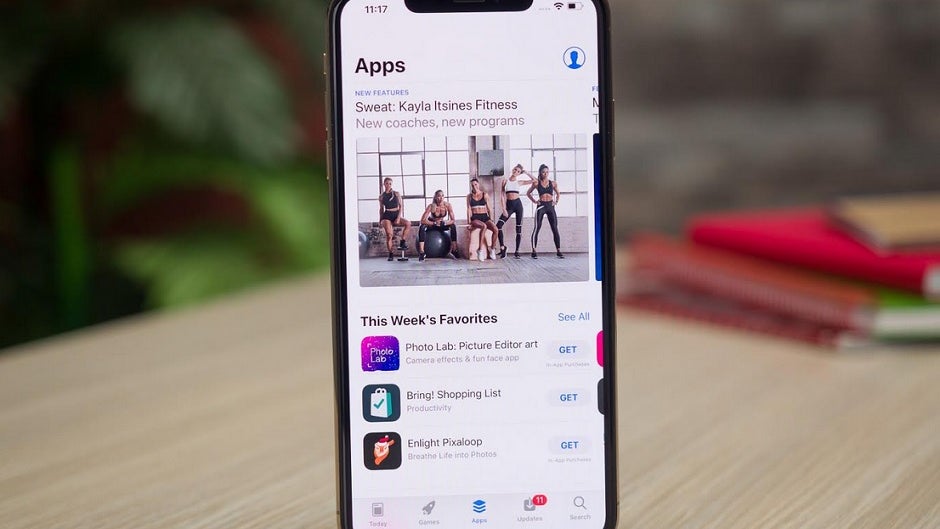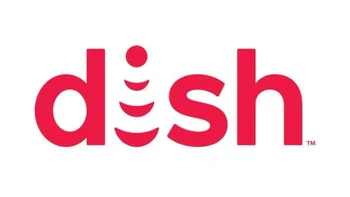Apple announces new App Store rules

Ah yes, the Apple App Store. Many of us who are as old as dirt (like yours truly) can remember when Apple and Google would every now and then reveal how many apps were in the App Store and the Android Market. In late 2009, IDC forecast that the launch of Apple's rumored tablet would help the number of apps in the iOS storefront hit 300,000 a year later. And you might remember how Apple marketed the store. For just about everything, Apple would tell us that "there's an app for that."
Apple will allow some game streaming services to be available in the App Store with caveats.
Now, with approximately 2.2 billion apps in the App Store, the latter has become something of a legal and regulatory headache to Apple despite the money that it generates for the company's vault. The infamous Apple Tax gives Apple a 30% cut of in-app purchases, and because the company doesn't allow iOS users to install an app from a third-party app store, Apple is forcing users to pay more for certain apps. This is the subject of a class-action suit against Apple and investigations by regulatory agencies in the U.S. and Europe; last year the U.S. Supreme Court, by a 5-4 vote, ruled that the plaintiffs could seek to prove that Apple acted as a monopoly by raising the price of App Store apps. But Apple claims that its role as far as the App Store is concerned, is that of an intermediary and that it should not be named in this lawsuit. Disagreeing with Apple, the Supreme Court said that iPhone and iPad users buy their apps directly from Apple. This allows iOS and iPadOS device owners to sue Apple directly.

Google Stadia and other game streamers are now allowed, with certain rules, in the App Store
With iOS 14 on the verge of being released, CNBC reports that Apple has revised its App Store guidelines for the upcoming build of iOS. These guidelines are used by Apple employees to approve or deny apps and/or app updates in the App Store. This is a very timely matter considering that Apple recently removed the popular game Fortnite from the App Store and closed the developer accounts belonging to Epic Games late last month. Epic had violated Apple's regulations that prevent developers from trying to work around the 30% Apple Tax by offering their own direct payment system.
Some Fortnite users who had downloaded the game from the App Store were given the option by Epic of subscribing to it by making a direct payment to Epic. The developer offered a 20% discount amounting to $2 (@ $7.99) to those who took Epic up on its offer. Apple charges $9.99 to subscribe to the game through its in-app payment platform.
Apple will now allow certain game streaming services like Google Stadia and Microsoft xCloud in the iOS app storefront with some caveats. Games must be downloaded directly from the App Store and not from an "all-in-one app." The developers will be allowed to offer a "catalog app" that links to other games in the service, but each game has to be an individual app. This means that if a streaming service has 100 games, each one will need an individual App Store listing and a developer account with Apple. The games will have to offer some type of basic functionality when installed and accept Apple's in-app purchasing system that gives the tech giant a 30% cut of such purchases.
A Microsoft spokesperson said, "This remains a bad experience for customers. Gamers want to jump directly into a game from their curated catalog within one app just like they do with movies or songs, and not be forced to download over 100 apps to play individual games from the cloud." Apple wants the streaming services to be like a bundle of games and says that it will have to vet each game individually. The company offers its own bundle of iOS games that can be subscribed to; this, of course, is Apple Arcade.
One other change made by Apple affects one-on-one individual lessons offered via the App Store. Such virtual lessons can now be offered without Apple taking its 30% cut. However, Apple will still take the 30% for classes being taught to multiple students by one teacher.
Follow us on Google News













Things that are NOT allowed:
To help keep our community safe and free from spam, we apply temporary limits to newly created accounts: